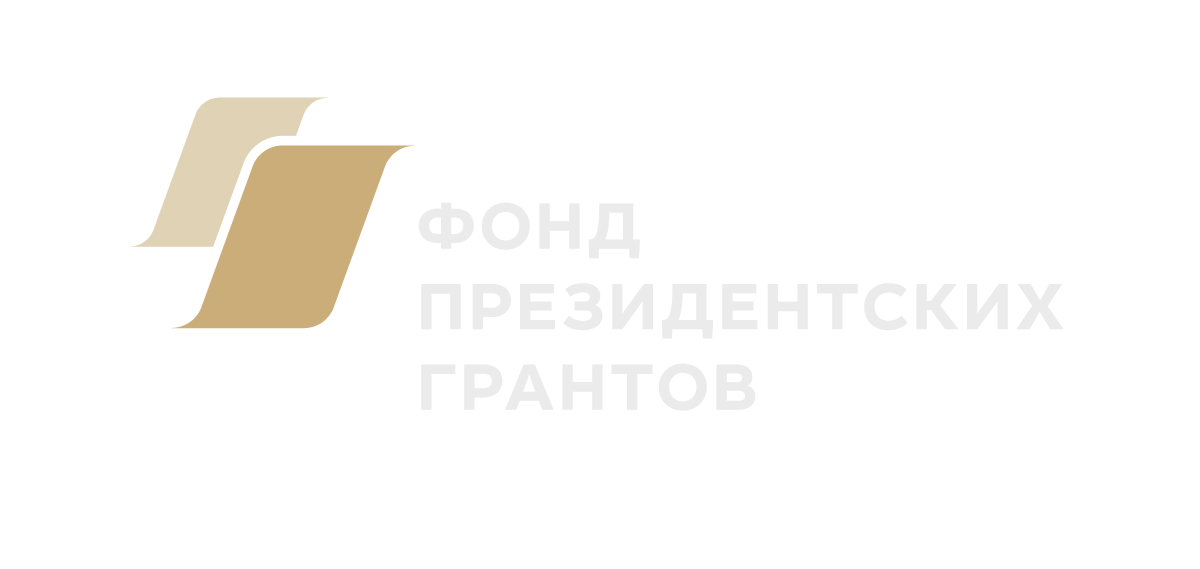LIFE GOES ON WITHIN 1.5–2 ° С BY 2050
BY ILYA LOBOV | MARCH 31, 2020
“We are constantly told that if we do not turn off the engine at a traffic light and eat leaves, then we will all die from global warming,” the English television presenter and journalist Jeremy Clarkson claimed in 1960.
After analyzing the situation over the weekend in the capital of the 44th region, Kostroma Governor Sergey Konstantinovich Sitnikov at the weekly operational meeting, expressed clearly his position to the heads of the administration’s structural units: “This is not a game for you. It is not the weekly vacation that the President gave you either. This is a war. The war with death. The situation is very serious.” Right. But even in the conditions in which the world is now, one needs to think about the future.
On March 27, in our country, Prime Minister Mikhail Mishustin signed a decree “On the adoption by the Russian Federation of an amendment to the Montreal Protocol on Substances that Deplete the Ozone Layer”. What are the amendments, and will they improve life in the future? Well, the main question is: why, in conditions when the situation in the country is so complicated, does the Prime Minister of the Russian Federation fulfil the formal function of signing an international document?
So, the Russian Federation has ratified the Kigali Amendment to the Montreal Protocol on Substances that Deplete the Ozone Layer. This amendment implies a phased reduction in the production and consumption of hydrofluorocarbons, which have high values for global warming potential.
Where are hydrofluorocarbons used? Until 1990, they were practically not used in our country. The main direction of their use today is cooling, air conditioning, firefighting, as aerosol products and heat pumps.
Our country has 20 years to find new types of refrigerants or rely on only 15% of their previous production volumes, since we have now ratified the Kigali Amendment. And here the main question is: «Was it worth it?». I think that the Government of the Russian Federation is right, because countries that have not acceded (not ratified the amendment) from January 1, 2033 will be able to neither import nor export hydrofluorocarbons for countries that are not parties to the Montreal Protocol.
Our country does not have its own production of hydrofluorocarbons. The main exporter of hydrofluorocarbons for the Russian Federation is the BRICS participant — China.
What can the world lead to, however, when not 92 countries, but almost all the countries ratify the Kigali Amendment to the Montreal Protocol on Substances that Deplete the Ozone Layer? The scientists’ forecast about the prospects for peace in the case of the fulfilment of the agreement is optimistic: by joint efforts we will be able to keep the atmosphere warming.
